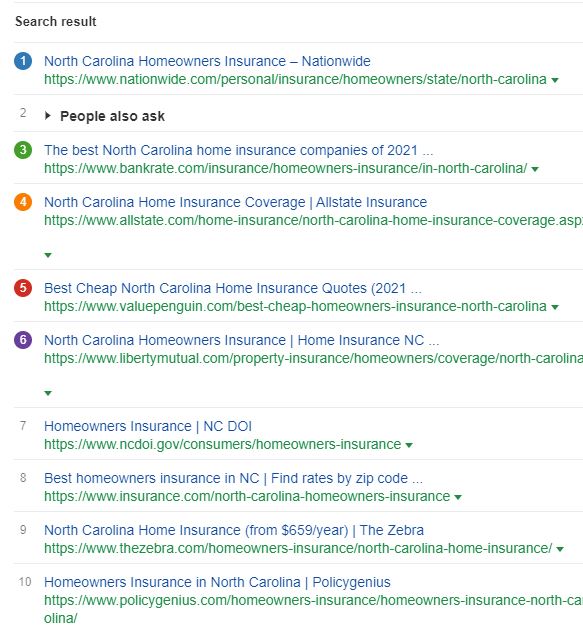
What is the premium tax credit?
The premium tax credit program is funded by the federal government and reduces the costs of insurance when you purchase your coverage through Health Insurance Marketplace. Families and individuals that meet the eligibility requirements with an income below the federal level of poverty can receive this tax credit.
What is the process?
When you apply for health insurance through the Marketplace, you estimate your family's income so that your insurer can determine the amount of the premium tax credit you'll receive. This credit will be sent directly to your insurer, which will lower your monthly premiums.
If you are eligible for a premium tax credit, your insurer will send you a "Health Insurance Marketplace Statement" called a 1095-A when it issues your policy. The form will also report the amount of the premium tax credit you are entitled to.
Your credit for premium tax is calculated based on the estimated household income, as well as the size of your tax-filing family (you, your spouse, if you are filing jointly, and any dependents). If you change your income during the year or if the size of your family changes, your premium credit will also change.

What happens when your income exceeds what you expected to earn?
Your premium tax credit may need to be repaid if your household income rises during the year. The maximum amount you can repay is 400 percent your household's annual income. This is known as the "clawback."
How does it work if your income changes
Marketplace should be notified of any change in your income as quickly as possible. This will save you money at the end the year when you have to pay back the excess premium tax credit.
The amount you must repay will depend on your income level and whether your income exceeds the poverty threshold. The rules can be found in the instructions to Form 8962. This is the form used to report the information related to claiming a cost offset for purchasing health insurance via the Health Insurance Marketplace.
What is Form 8962?
When you file an income tax return you will need to declare the amount that you received for your premium tax advance during 2021. The amount of money you'll have to repay will be determined by the result of the reconciliation between the advance premium credit you received in 2021 and your actual premium credit.
Reconciliation of the advance premium tax credit you received during 2021 is done on Form 8962. This form is available on the IRS or state websites.

IRS: You will need to provide the IRS with the results of a reconciliation of the credit for advance premiums you received in 2020. This will appear in your 2021 federal return on Part III, Line 29.
There are some exceptions to this rule, such as if your household income is above 138% of the poverty level in states that have not implemented the ACA's Medicaid expansion or if you received unemployment compensation for any week beginning in 2021. The exceptions are only applicable to income reported in your tax return for 2021.